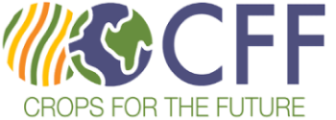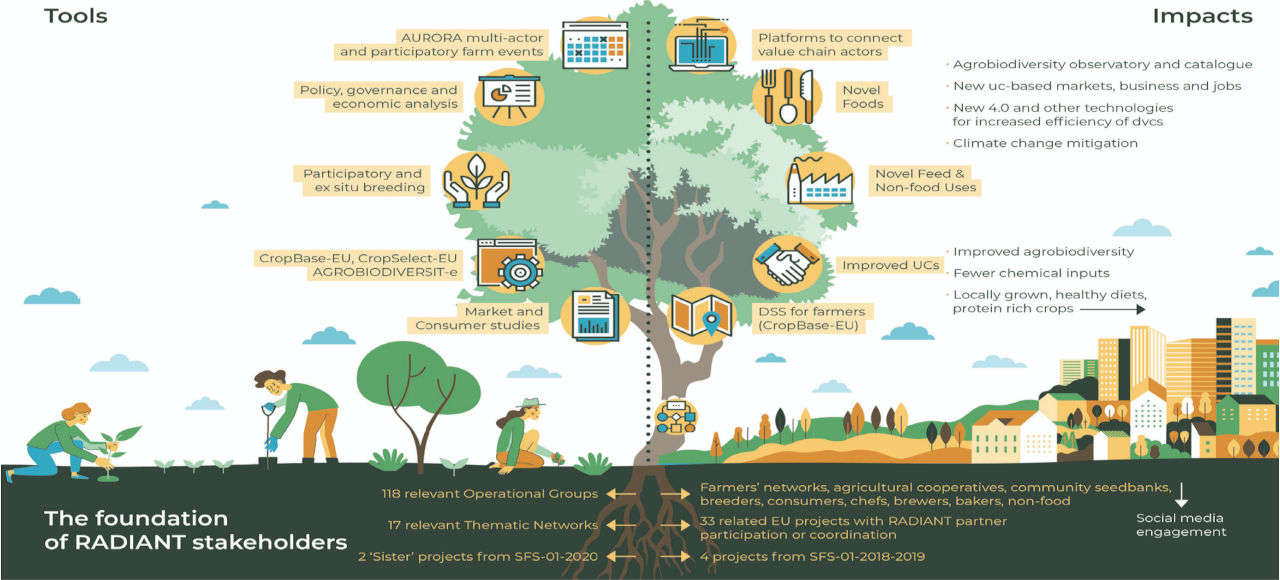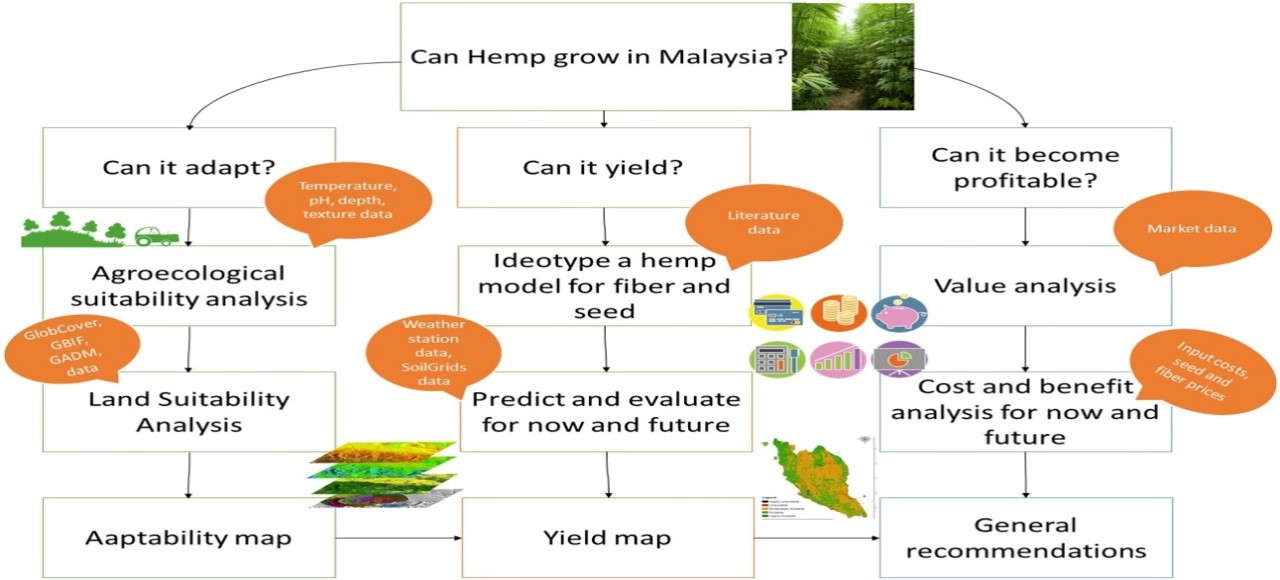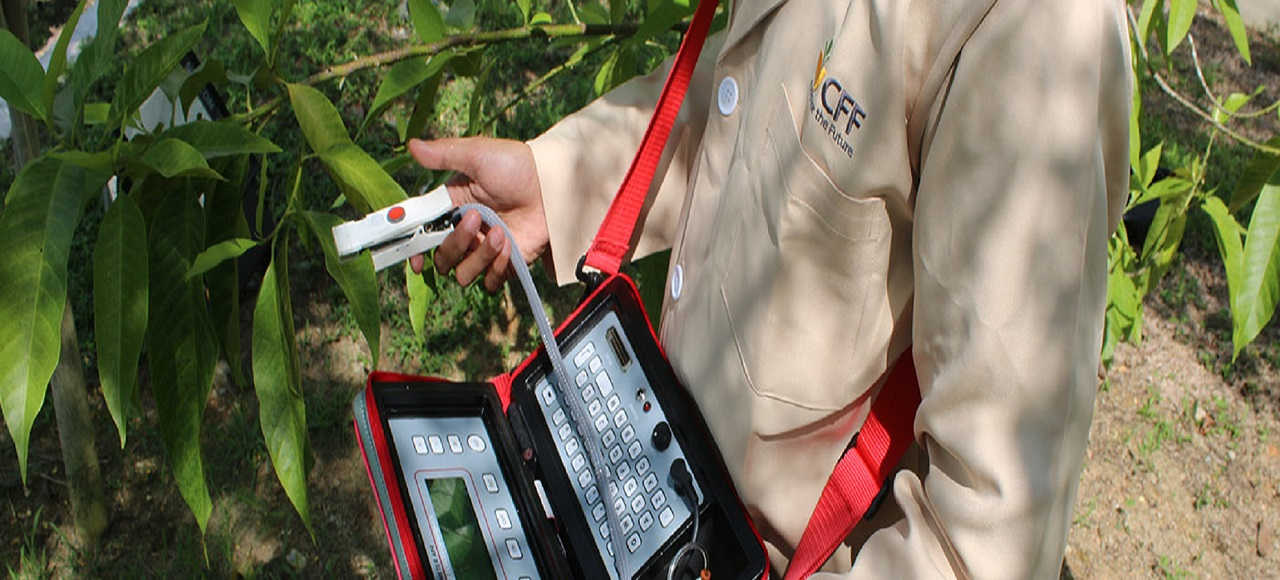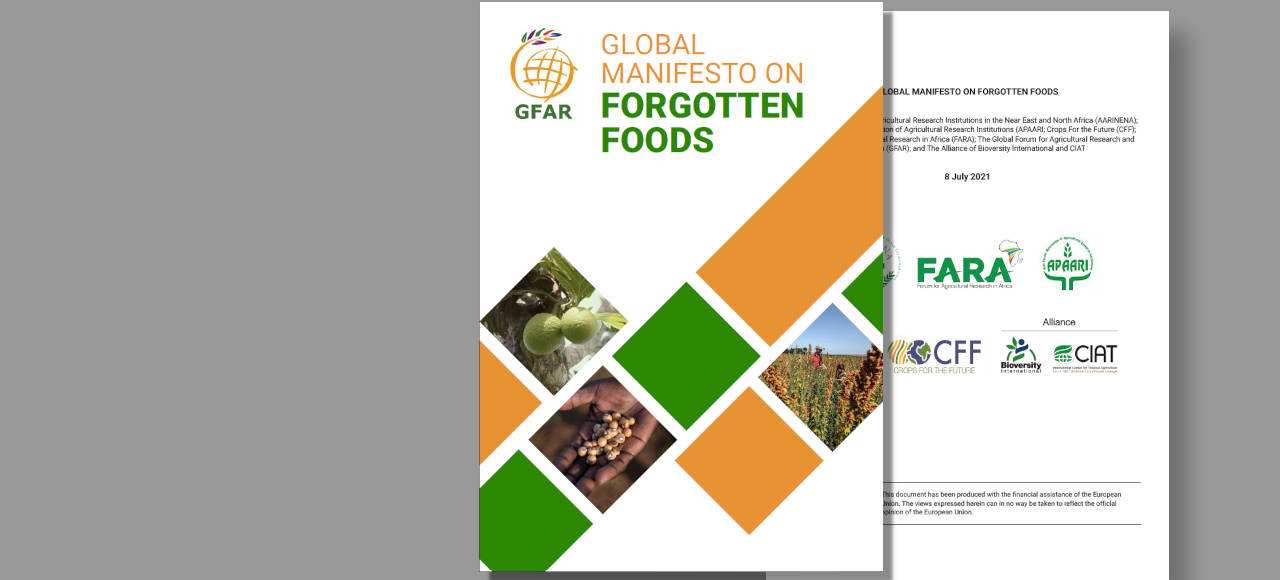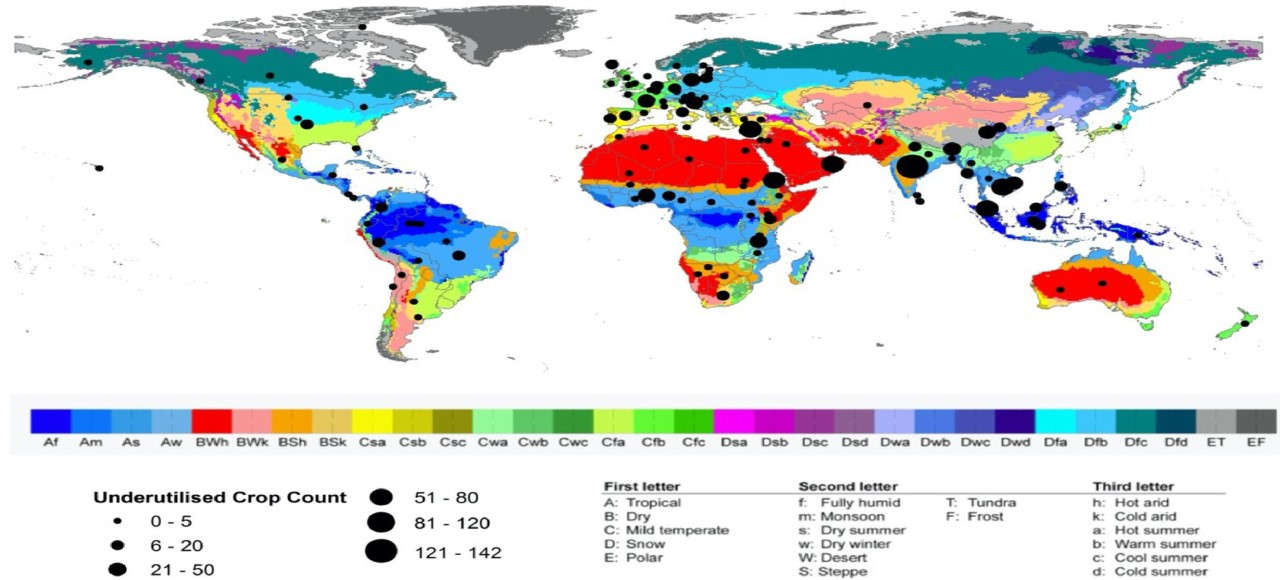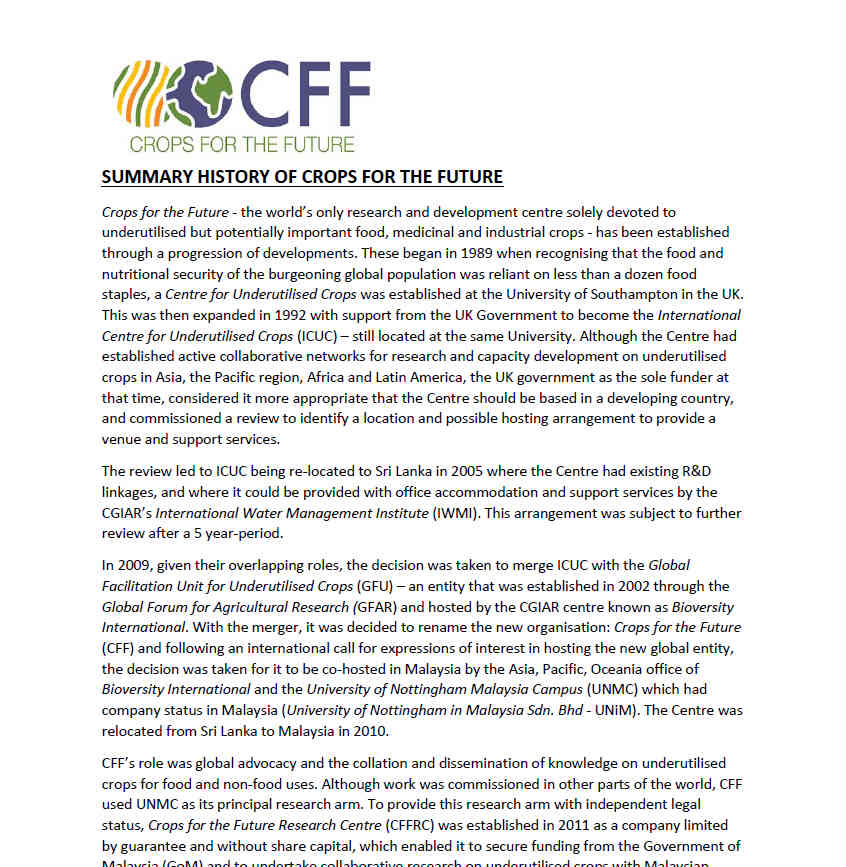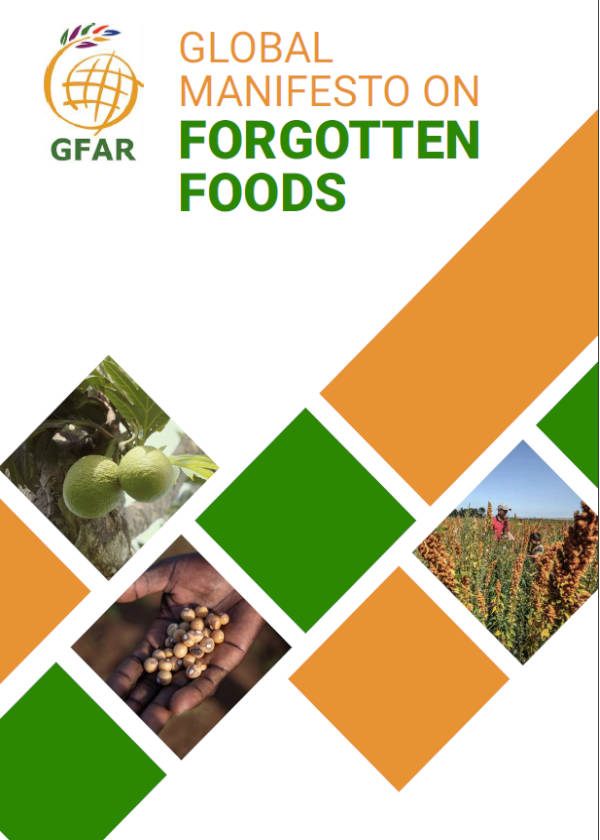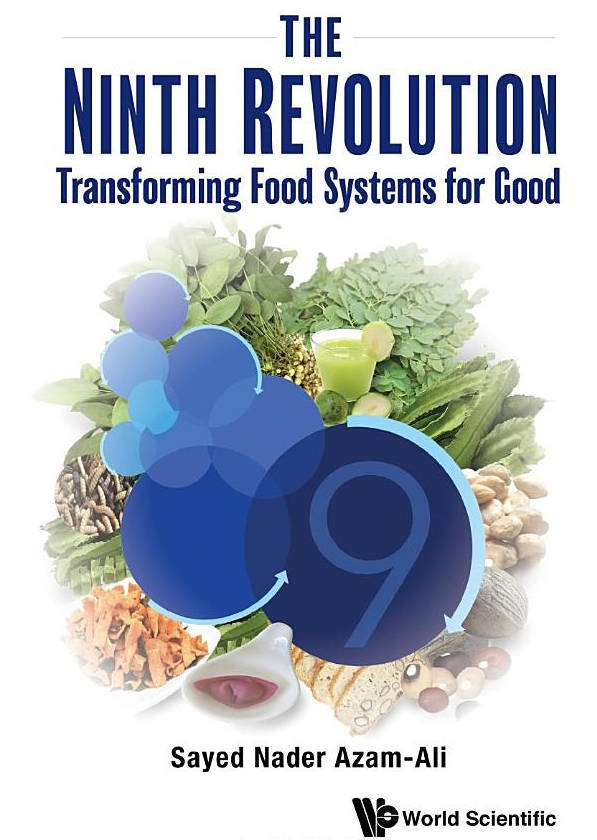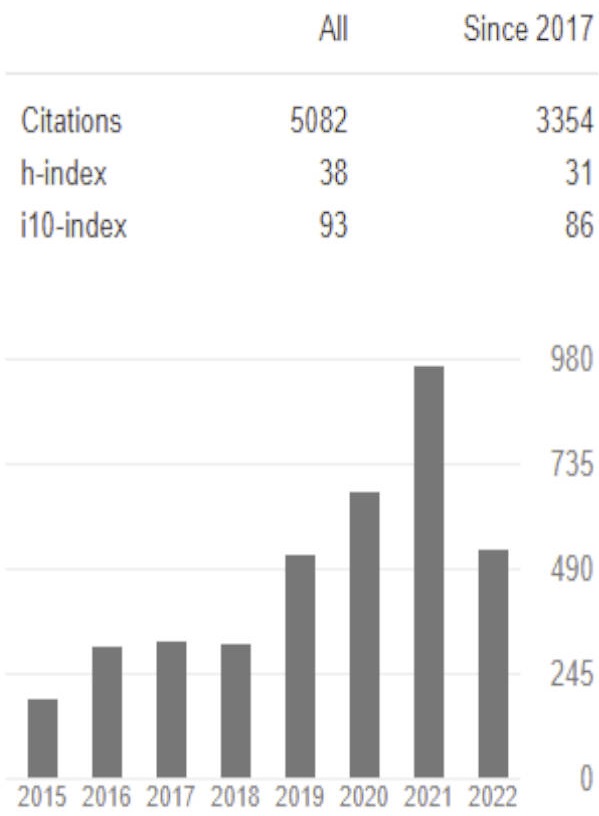ABOUT US
...
Our Vision: To be a world leader producing excellent, innovative research on underutilised crops that is responsive to societal demands.
CFF closely mapped its plans to the United Nations 2030 Agenda for Sustainable Development, through world-class research that contributes to specific Sustainable Development Goals (SDGs). CFF is focusing its efforts where it can achieve the greatest impact by leveraging on knowledge, capabilities and global partnerships.
This Roadmap is designed to enable sustainable long-term grown. By achieving its 2030 goals, CFF will continue to enhance its ability to develop solutions that will help transform agriculture for good.
